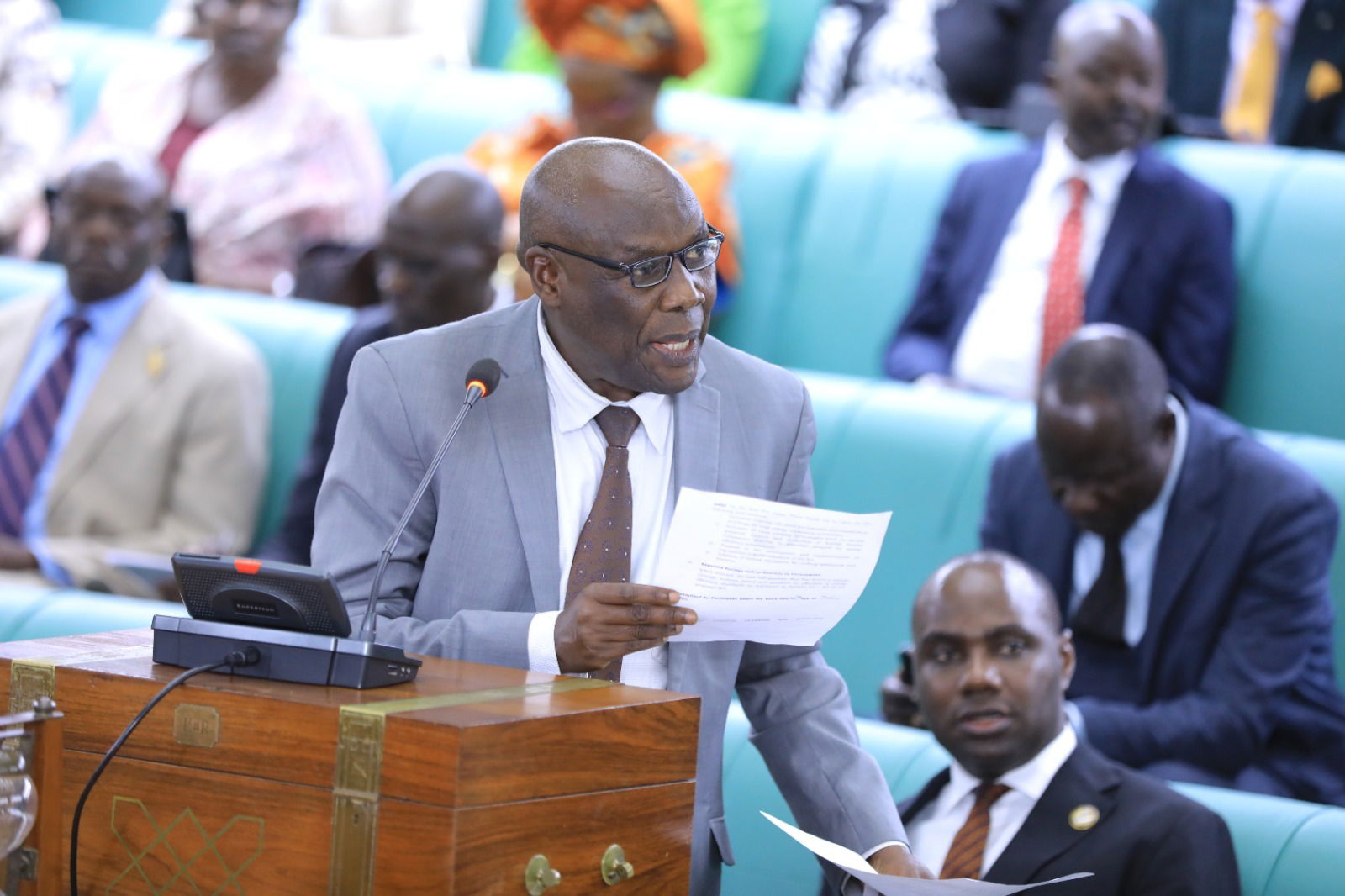Government Proposes Groundbreaking Law to Cut Charcoal and Wood Dependency, Boost Clean Energy Use in Uganda
The Government of Uganda is making significant strides in its effort to combat deforestation, reduce indoor air pollution, and lower energy costs with the introduction of the Energy Efficiency and Conservation Bill, 2024.
The proposed legislation aims to regulate energy consumption, promote clean cooking technologies, and enhance energy efficiency across multiple sectors.
Tabled before Parliament by Hon. Sidronius Opolot, the State Minister for Energy, the Bill seeks to address the widespread use of inefficient cooking methods that rely heavily on wood and charcoal.
These traditional cooking practices not only contribute to environmental degradation but also to health issues due to indoor air pollution.
The government’s new Bill is set to tackle these challenges by incentivizing the adoption of cleaner and more efficient cooking solutions.
Currently, Uganda lacks comprehensive regulations for the manufacture, distribution, and use of clean cooking technologies.

Hon. Sidronius Opolot, the State Minister for Energy
The Bill recognizes the need for such regulations, which would support the development and widespread use of improved cook stoves, biogas systems, electric cookers, and other clean cooking alternatives.
These technologies are not only more efficient but also environmentally friendly, helping reduce the reliance on charcoal and wood.
One of the major goals of the Energy Efficiency and Conservation Bill is to reduce indoor air pollution, which is a leading health hazard in Ugandan households that use traditional cooking methods.
The Bill envisions a transition to cleaner cooking solutions that will not only improve air quality but also contribute to better health outcomes for families, particularly in rural and underserved areas.
To facilitate this transition, the Bill proposes financial incentives, subsidies, and awareness campaigns that will make clean cooking technologies more affordable and accessible.
The introduction of these measures will encourage households to switch from harmful cooking methods to more sustainable alternatives, thereby contributing to the reduction of charcoal and wood dependency.
Beyond improving cooking technologies, the Bill extends its focus to other areas that contribute to Uganda’s overall energy consumption.
It sets out to regulate energy efficiency in the transport and building sectors, aiming to reduce greenhouse gas emissions and encourage the use of energy-efficient vehicles.
The Bill mandates the development of fuel economy and vehicular emissions standards, which will promote the use of energy-efficient vehicles and reduce Uganda's carbon footprint. It also calls for the expansion of electric vehicle charging infrastructure, with local governments and road authorities required to establish charging stations across the country.
To ensure the effectiveness of these initiatives, the Energy Efficiency and Conservation Bill introduces penalties for non-compliance, including fines for the sale of non-compliant appliances, failure to conduct energy audits, and obstruction of inspectors.
The Minister for Energy will be empowered to designate energy consumers, set energy efficiency measures, and enforce minimum energy performance standards across various sectors.
By strengthening the regulatory framework for energy efficiency and clean cooking technologies, the Bill will provide a crucial foundation for reducing Uganda’s reliance on unsustainable cooking fuels and transitioning toward a greener, more energy-efficient future.
If enacted, the Energy Efficiency and Conservation Bill, 2024 is set to play a transformative role in addressing environmental and health concerns tied to traditional cooking methods.
By reducing the use of charcoal and wood, Uganda will see less deforestation, a reduction in air pollution, and an overall improvement in energy conservation practices.
This bold initiative is a step forward in Uganda’s commitment to sustainable development and climate action.
It is expected to not only reduce the country’s carbon footprint but also provide a healthier and more affordable energy future for all Ugandans.
Join the Daily West Nile WhatsApp group now to never miss an update from us.Download Host Media Now from the Play Store to watch HostTV, listen to Host Radio